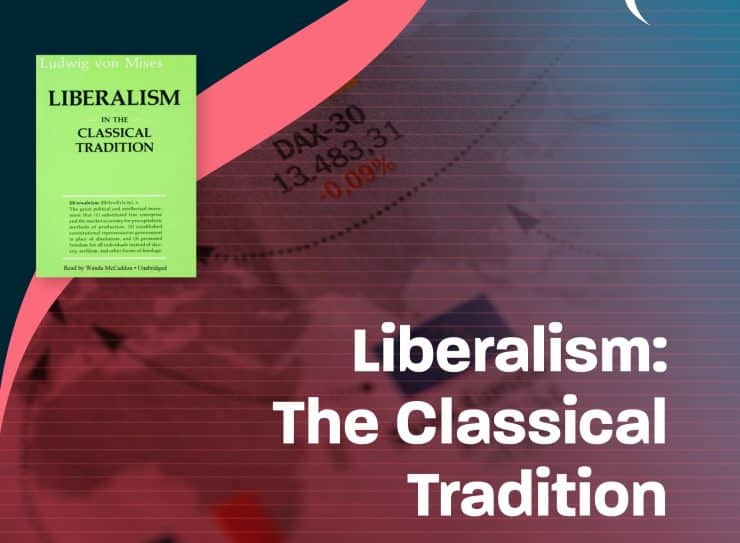Liberal Read No.26: Liberalism – The Classical Tradition
BOOK REVIEW – Adam Mazik
“Liberalism: The Classical Tradition” by Ludwig von Mises, 1927

BOOK REVIEW – Adam Mazik
“Liberalism: The Classical Tradition” by Ludwig von Mises, 1927

When Austrian economist Ludwig von Mises published Liberalism in 1927, the world, particularly Europe, was going through tumultuous times. The end of the 19th and beginning of the 20th centuries, arguably some of the grimmest, most brutal and destructive years in the history of humanity, are also rightfully considered the decades of antiliberal ideas.
While classical liberalism had already ceased to govern the minds of intellectuals and the masses alike for a long time, alternative ideologies – socialism, communism, fascism, or nationalism – were all united in their ultimate goal of dismissing the liberal, democratic, and capitalist systems.
In his most influential work, Liberalism: The Classical Tradition, Ludwig von Mises proposes a concise but comprehensive defense of liberal ideas.
Through the five chapters, Mises argues that free market capitalism is the only economic system that ensures the continued development, peaceful cooperation, and coexistence of human society. It is against this ultimate end-in-itself that Mises measures his arguments and that of others.